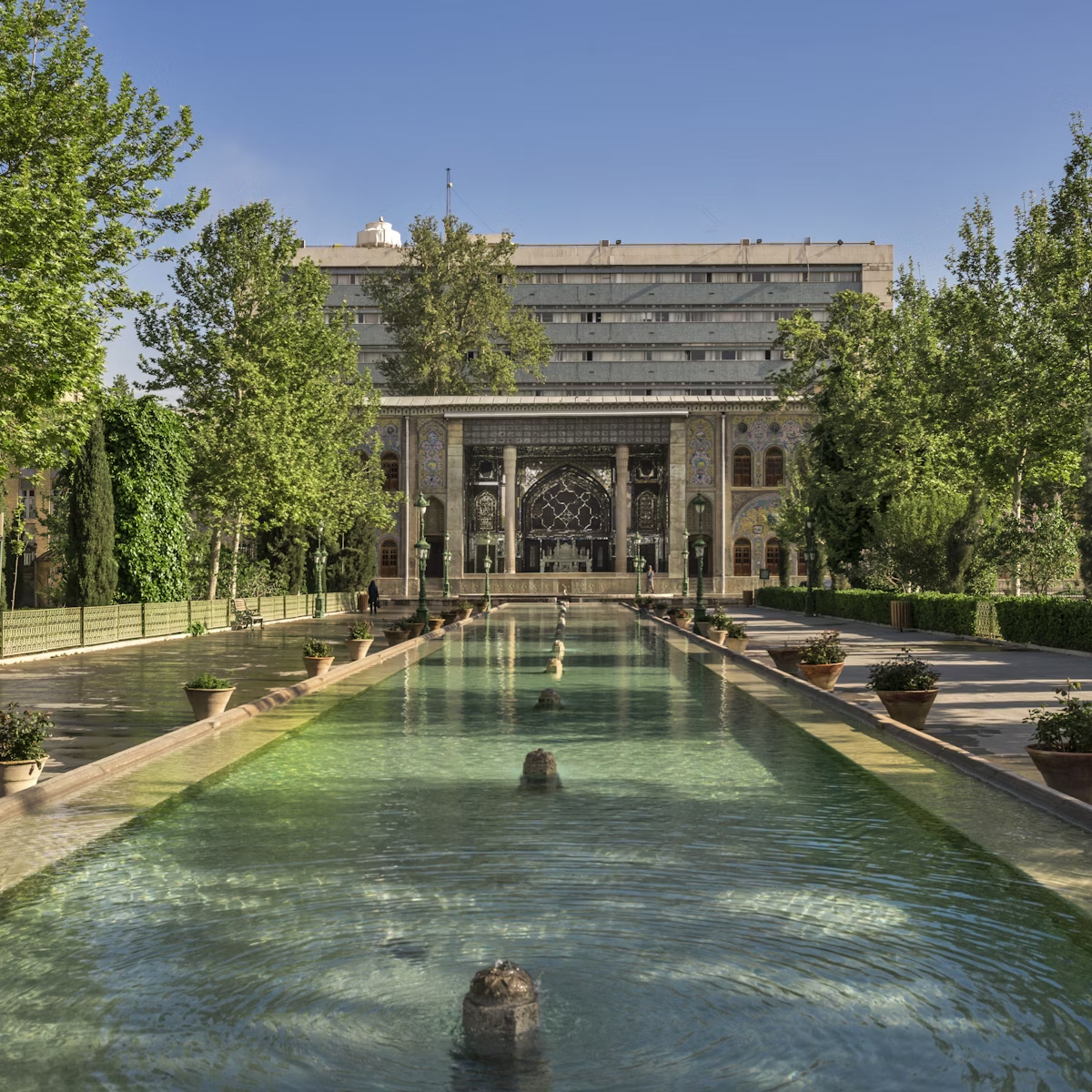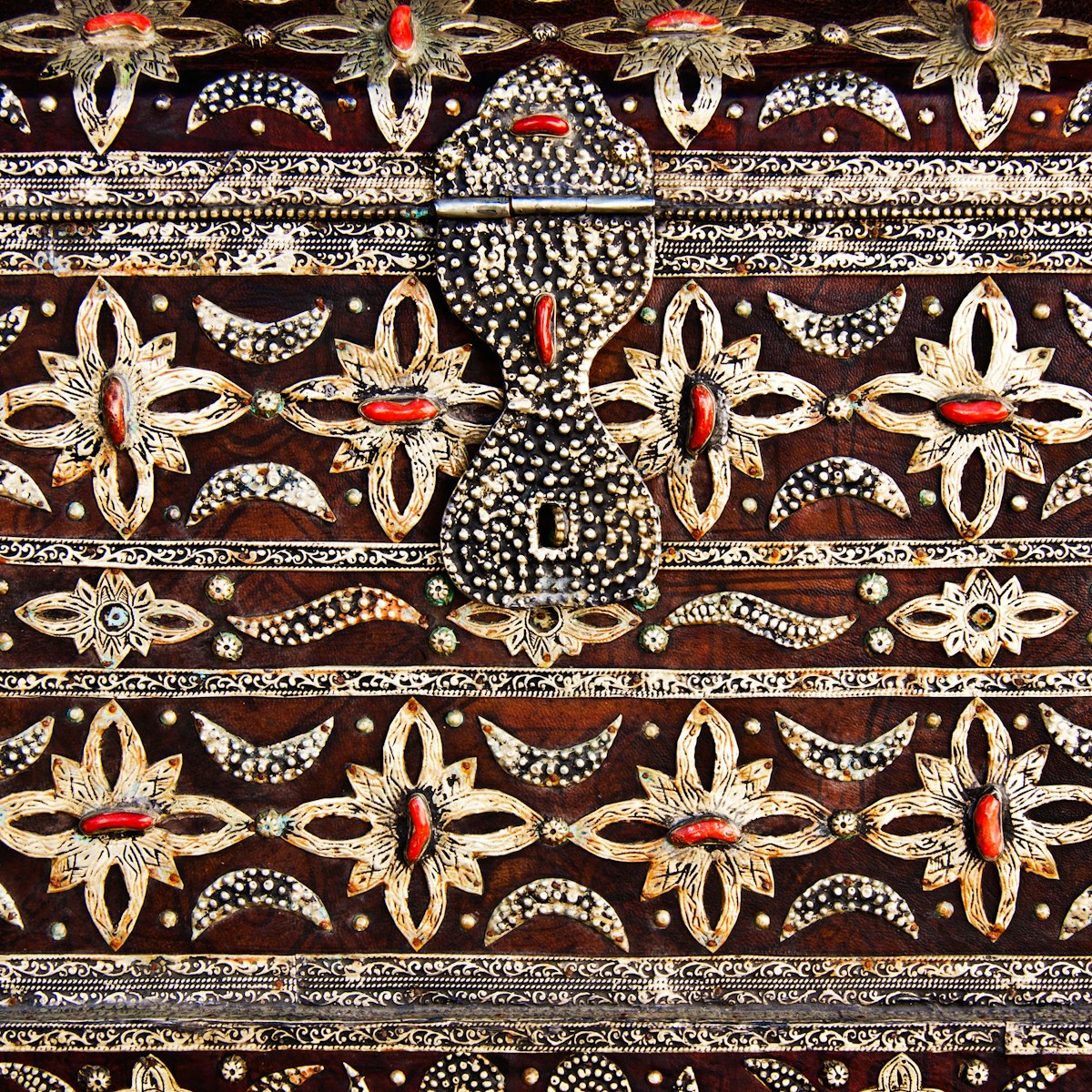The maze of bustling alleys and the bazaris (shopkeepers) that fill them make this a fascinating, if somewhat daunting, place to explore. Despite being known as the Grand Bazaar, most of the architecture is less than 200 years old and pedestrian, although there are some gems to be found. Visit in the morning, when business is brisk but not yet frantic – later in the day the chance of being run over by a piece of fast-moving haulage equipment is high.
The bazaar’s covered stores line more than 10km of lanes and there are several entrances, but you get a great view down a central artery by using the main entrance facing the square Sabzeh Medyan. The warren of people and goods is a city within a city and includes banks, a church, a fire station and several mosques, most notably the impressive Imam Khomeini Mosque, and the ornately decorated Imamzadeh Zeid, a shrine to a descendant of the prophet.
Most lanes specialise in a particular commodity: copper, paper, gold, spices, and carpets, among others (note though you won't find fresh food here). The carpet, nut and spice bazaars might be the most photogenic, but the lane of stores selling fake designer labels (literally labels, not clothes) also catches the eye.
In our experience there are two ways to visit the bazaar. One is to simply wander the labyrinth of streets and alleys, taking whichever turn you fancy and going with the flow. If you get lost, remember to walk uphill to the main exits on Panzdah-e Khordad Ave.
Alternatively, allow yourself to be befriended by one of the carpet salesmen. Tell them what sections of the bazaar you’d like to see and they will lead you. When you’re done, they will expect you to visit their carpet shop, drink some tea and view a few rugs – which in itself can be fun.


